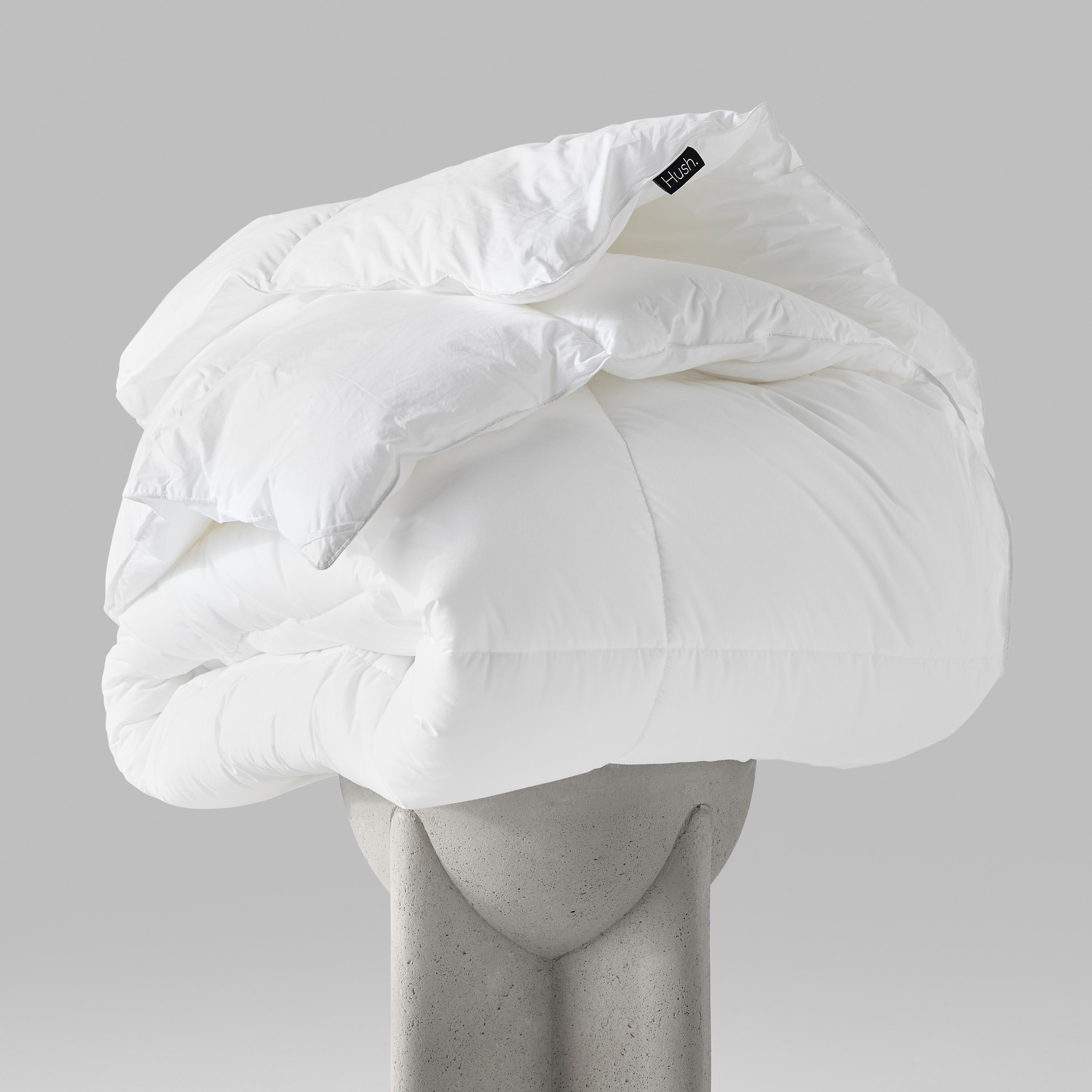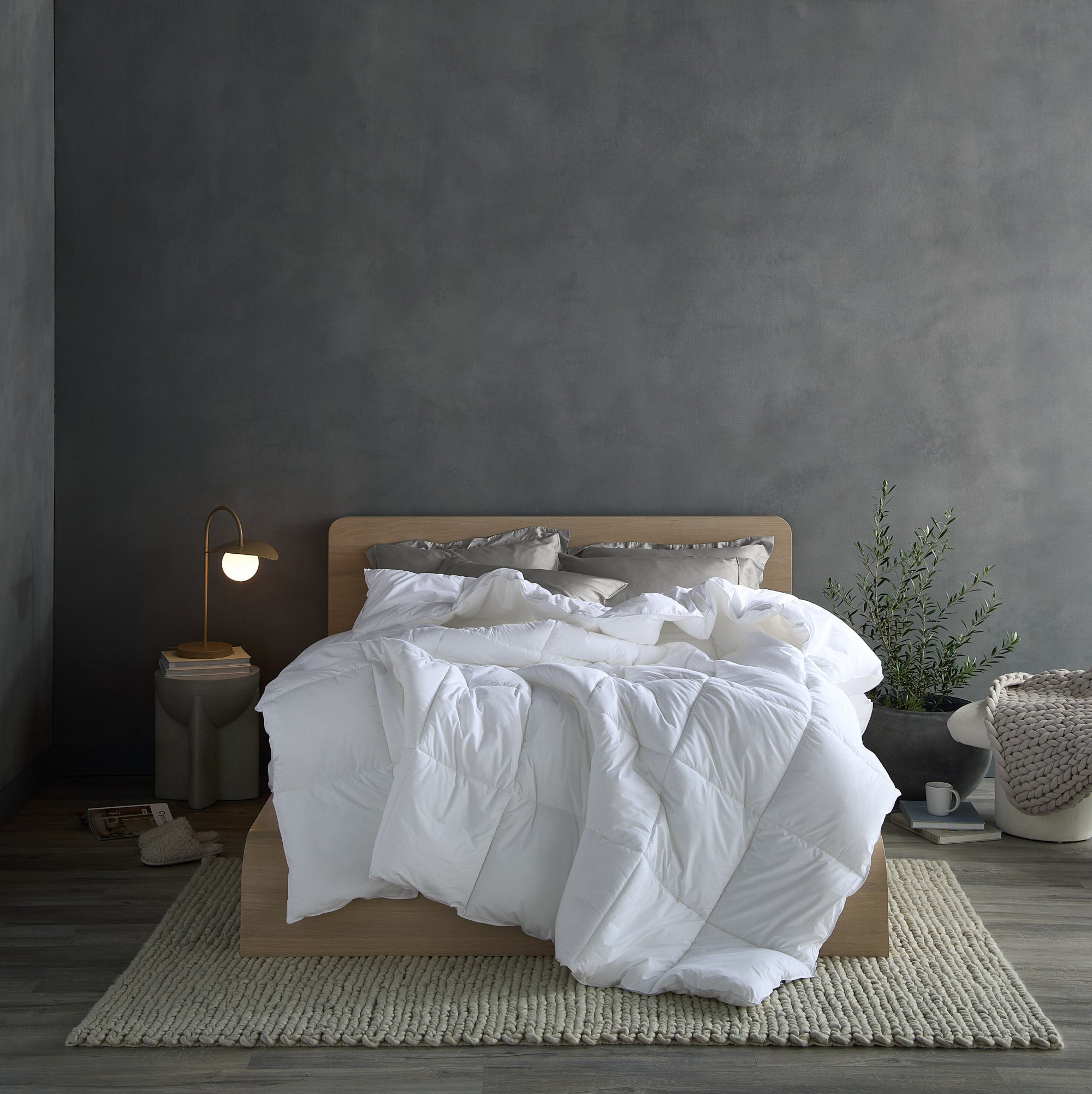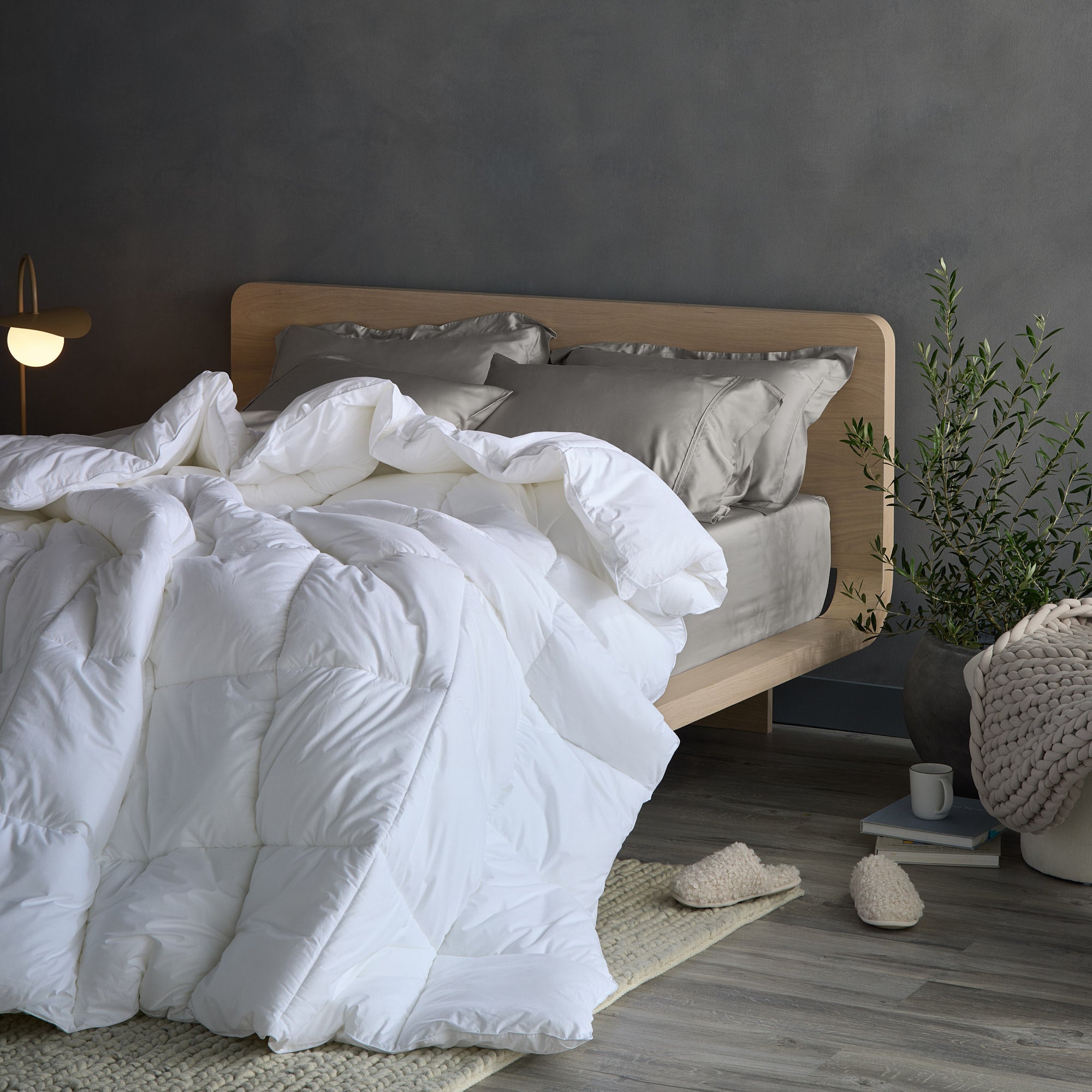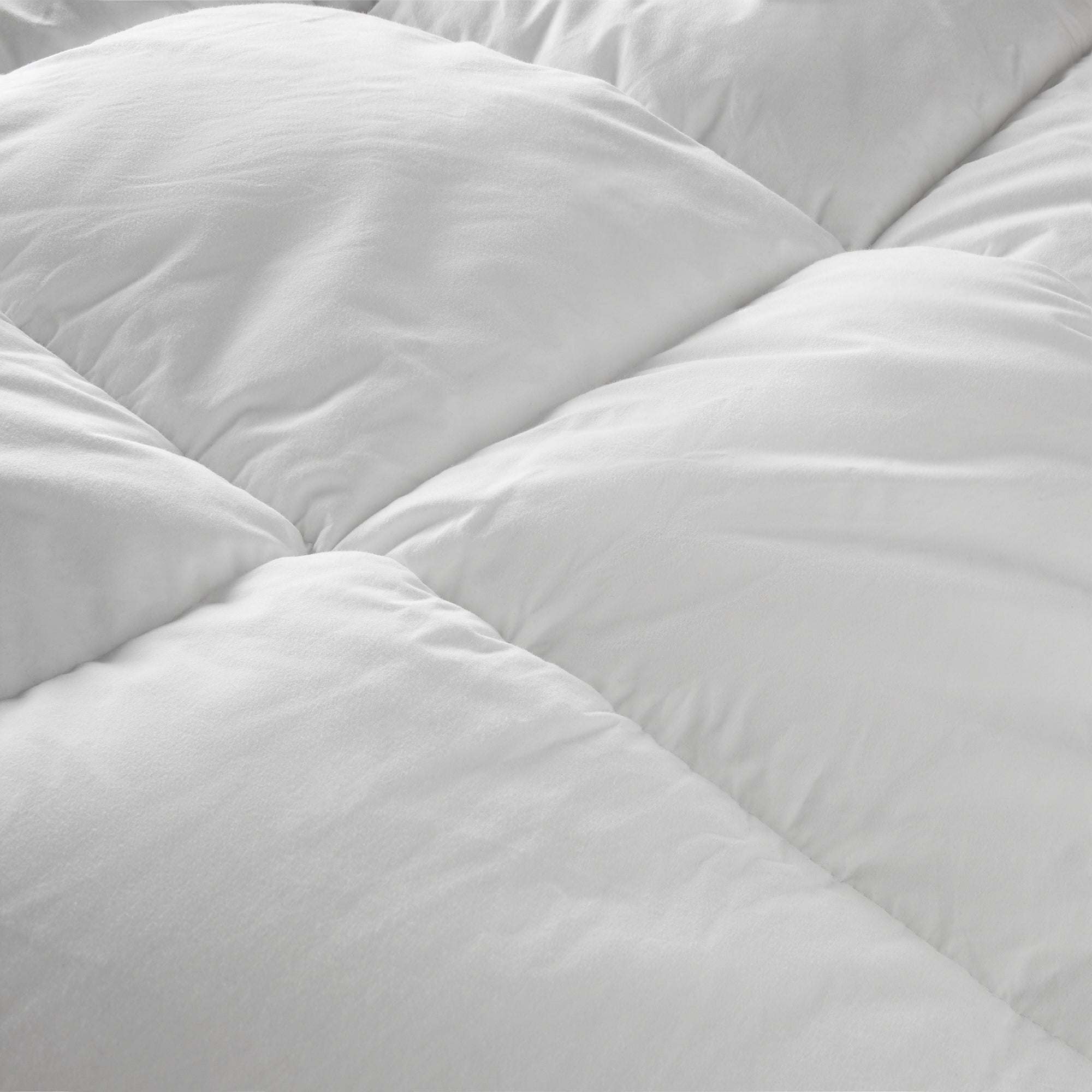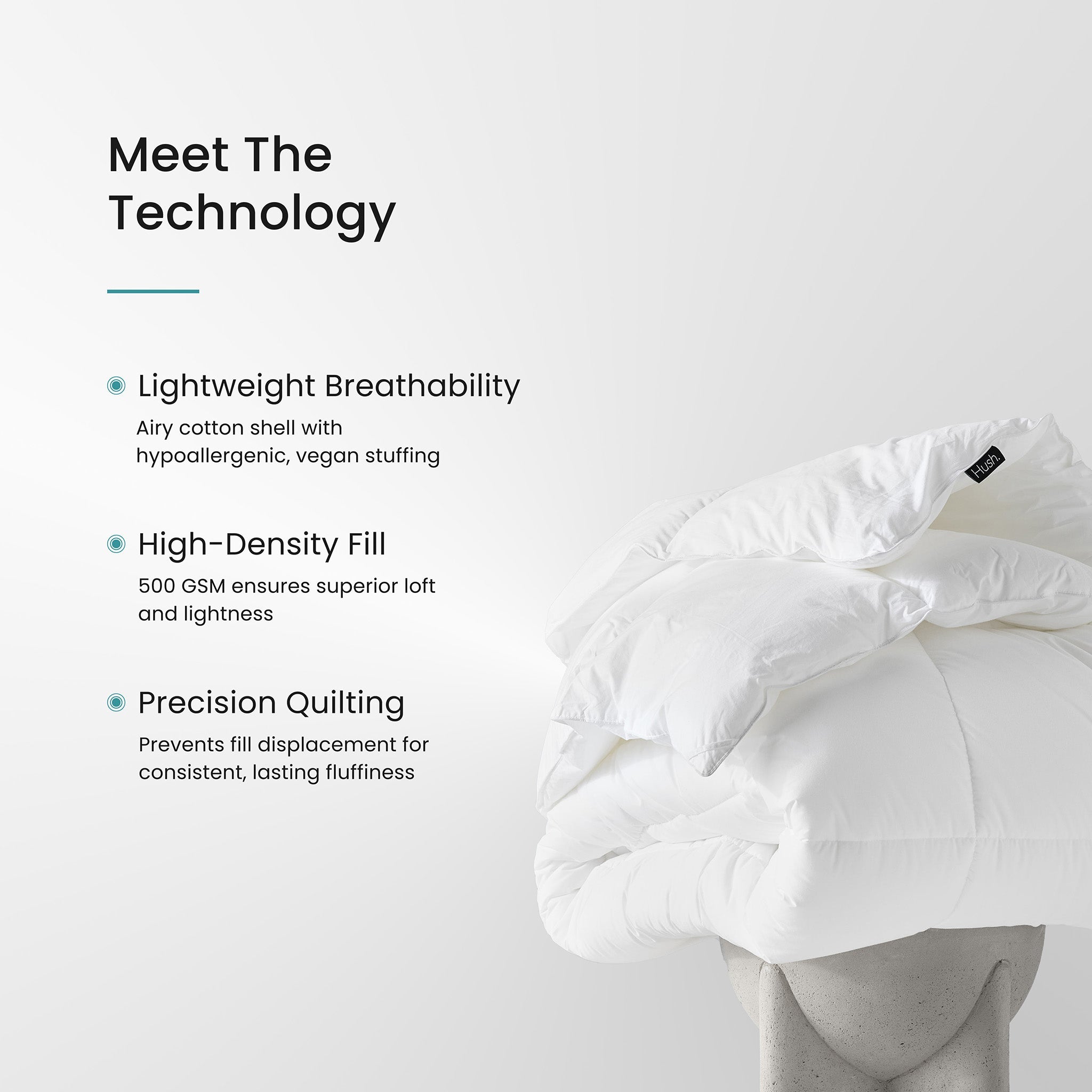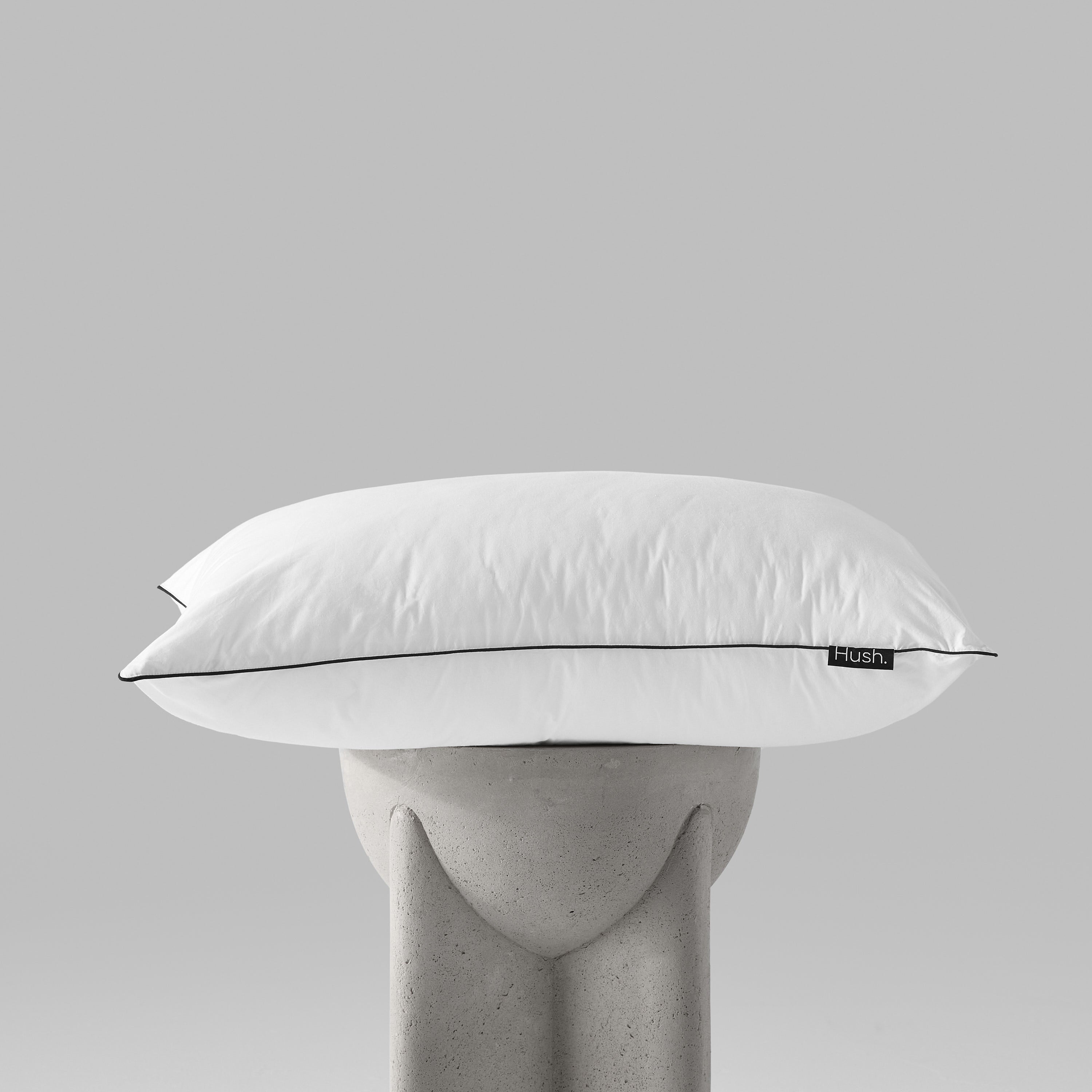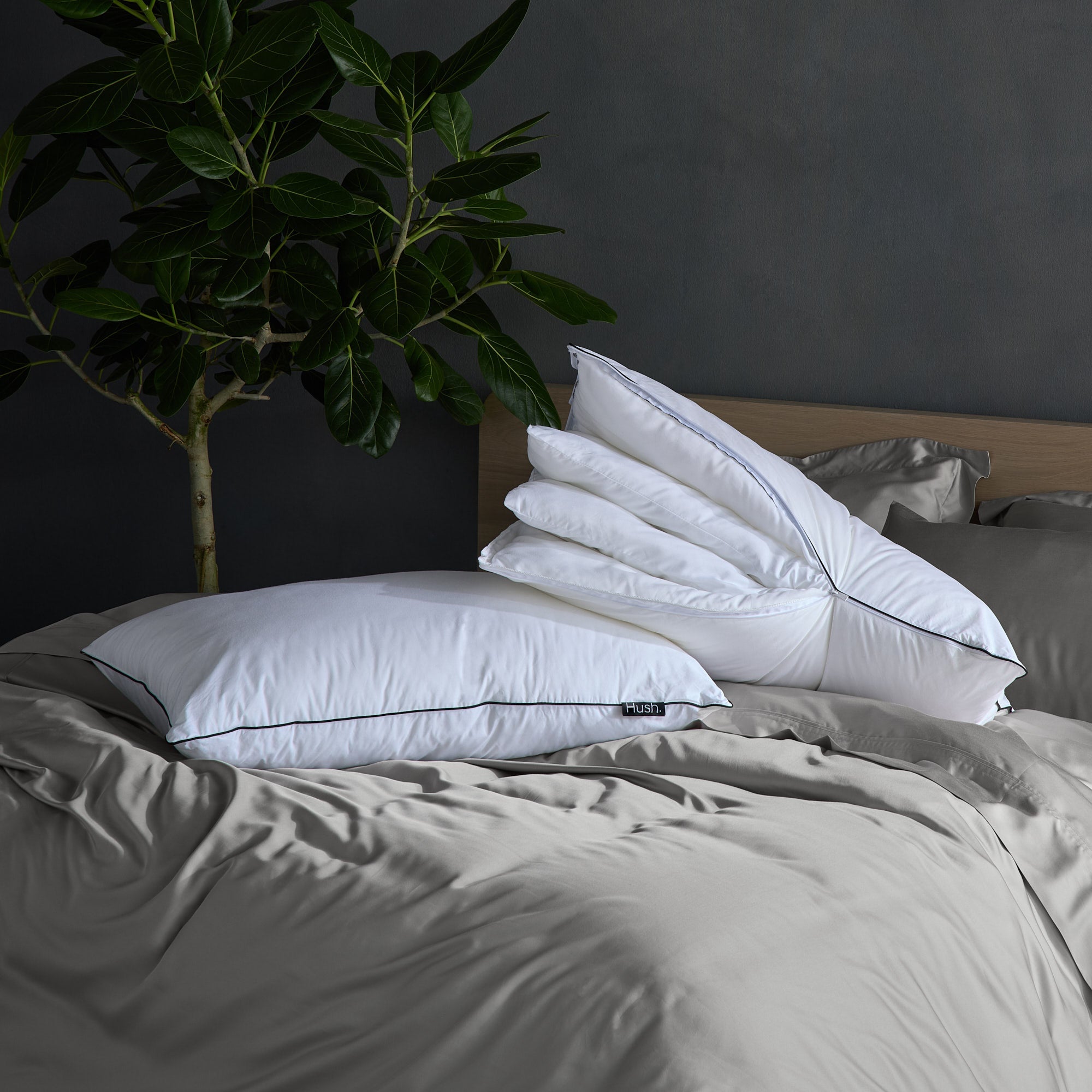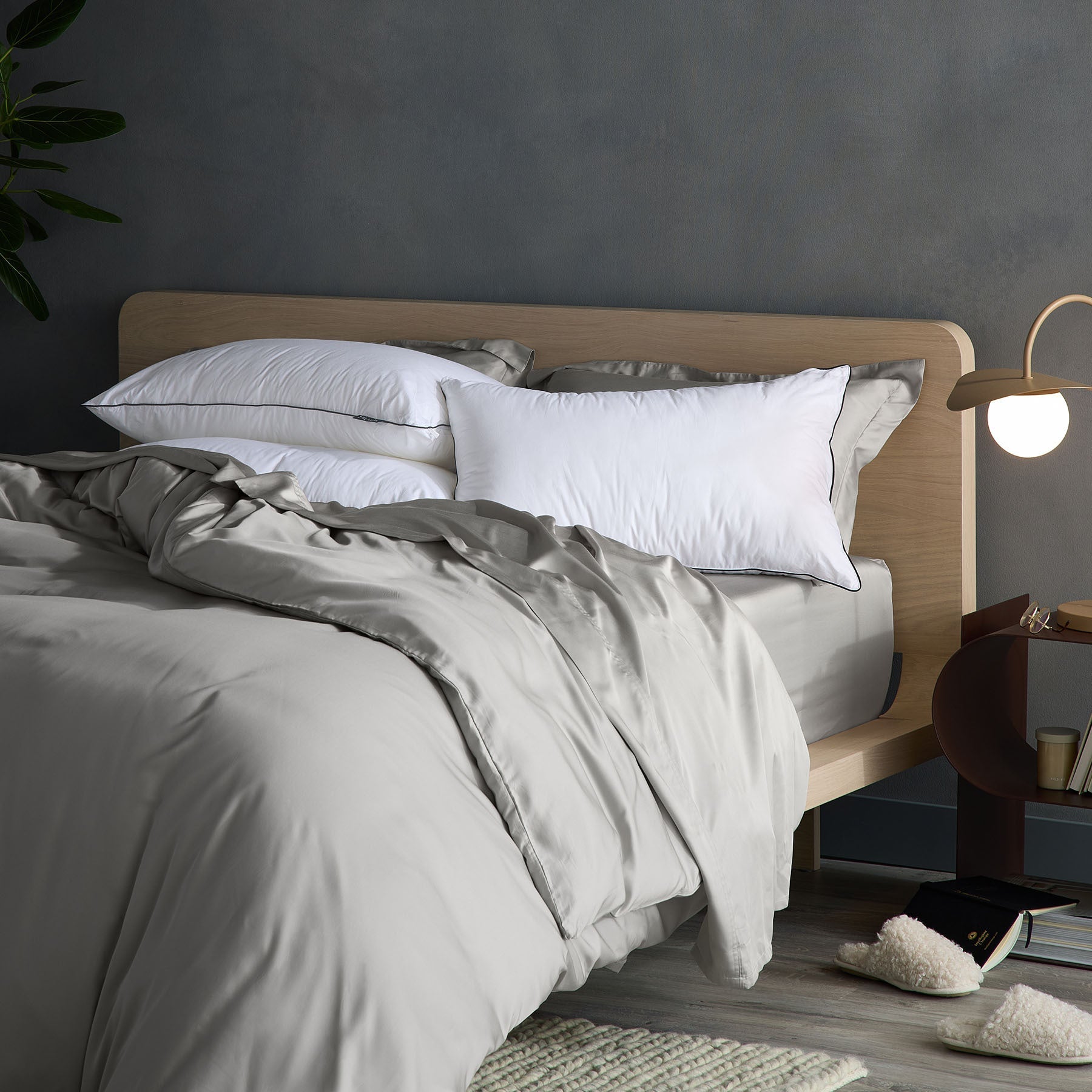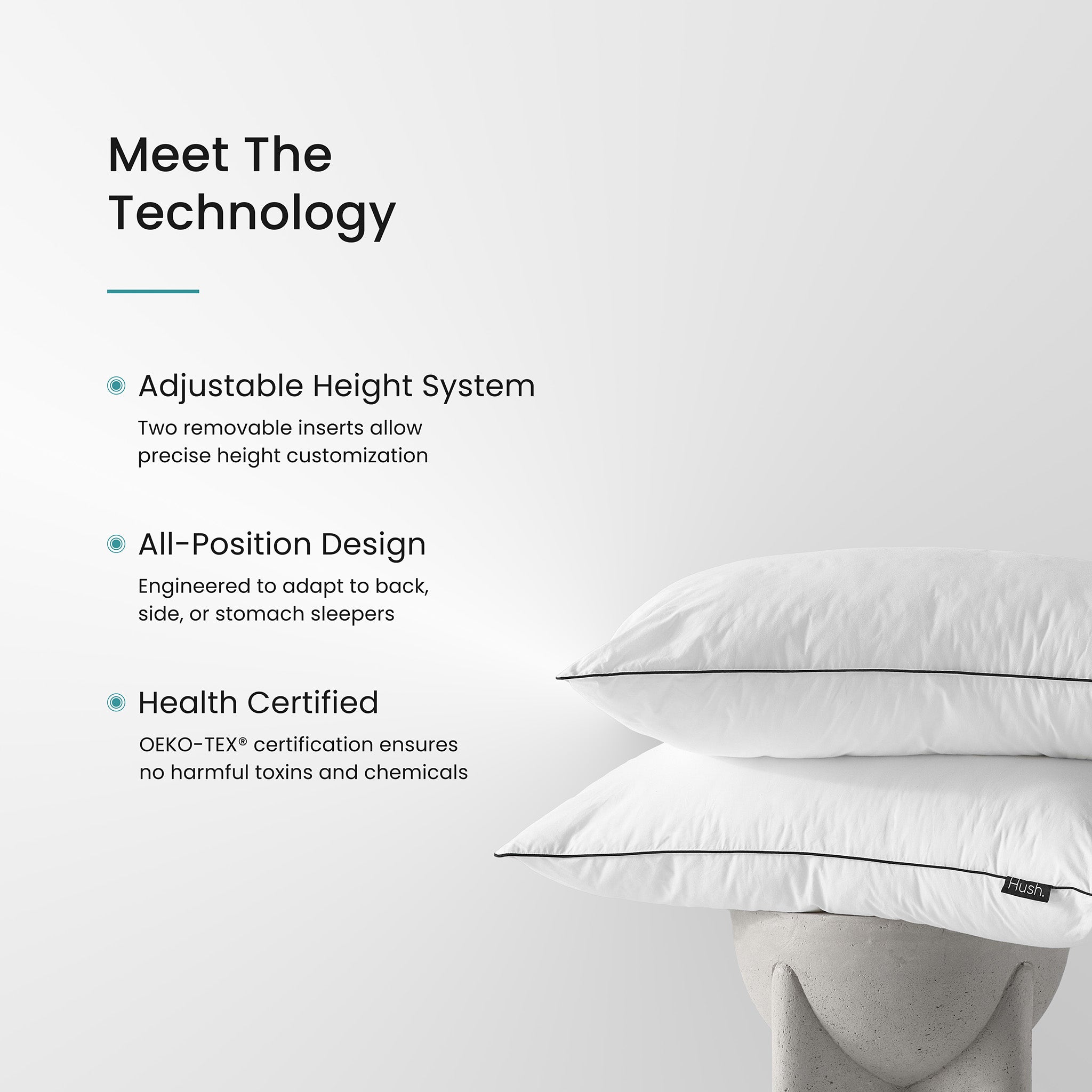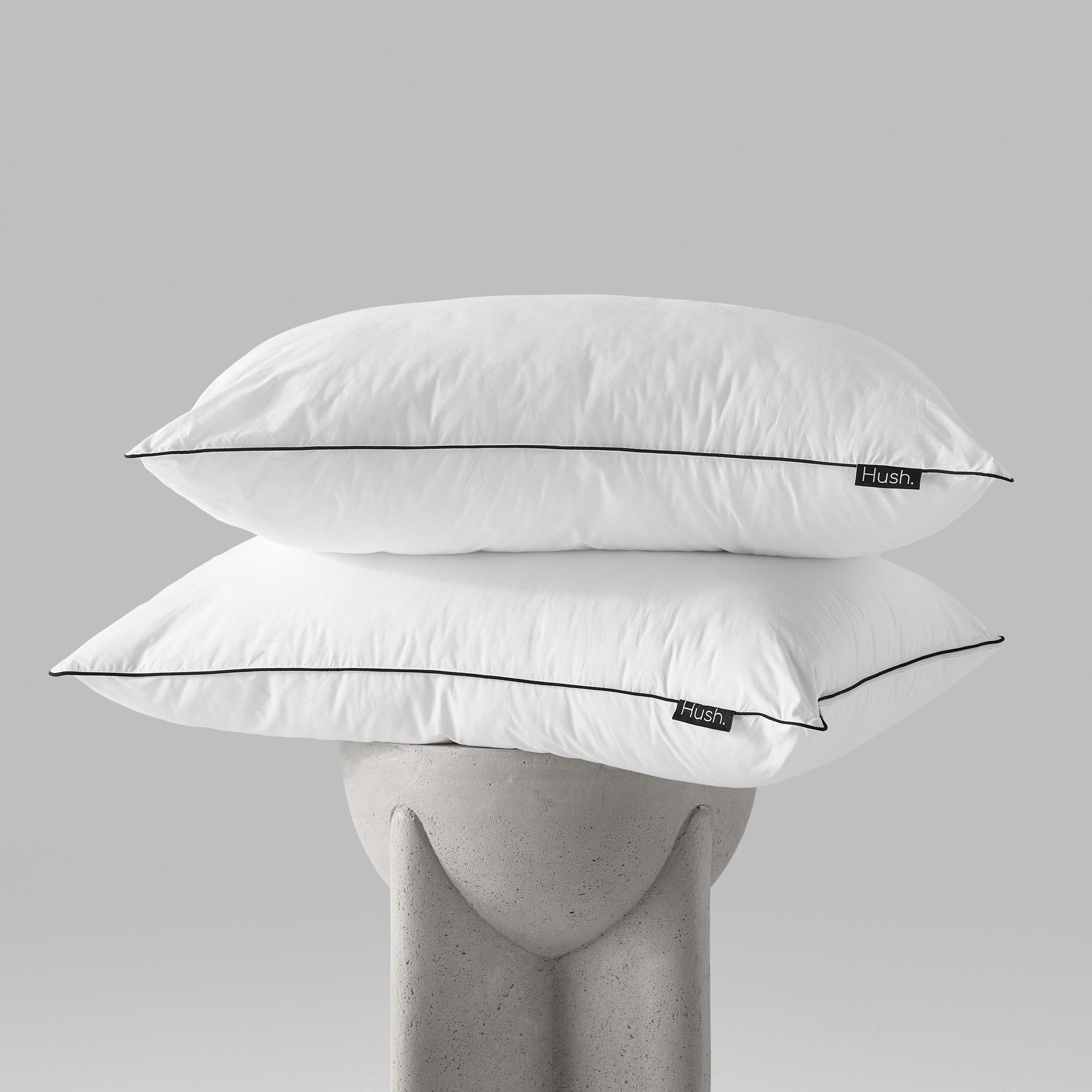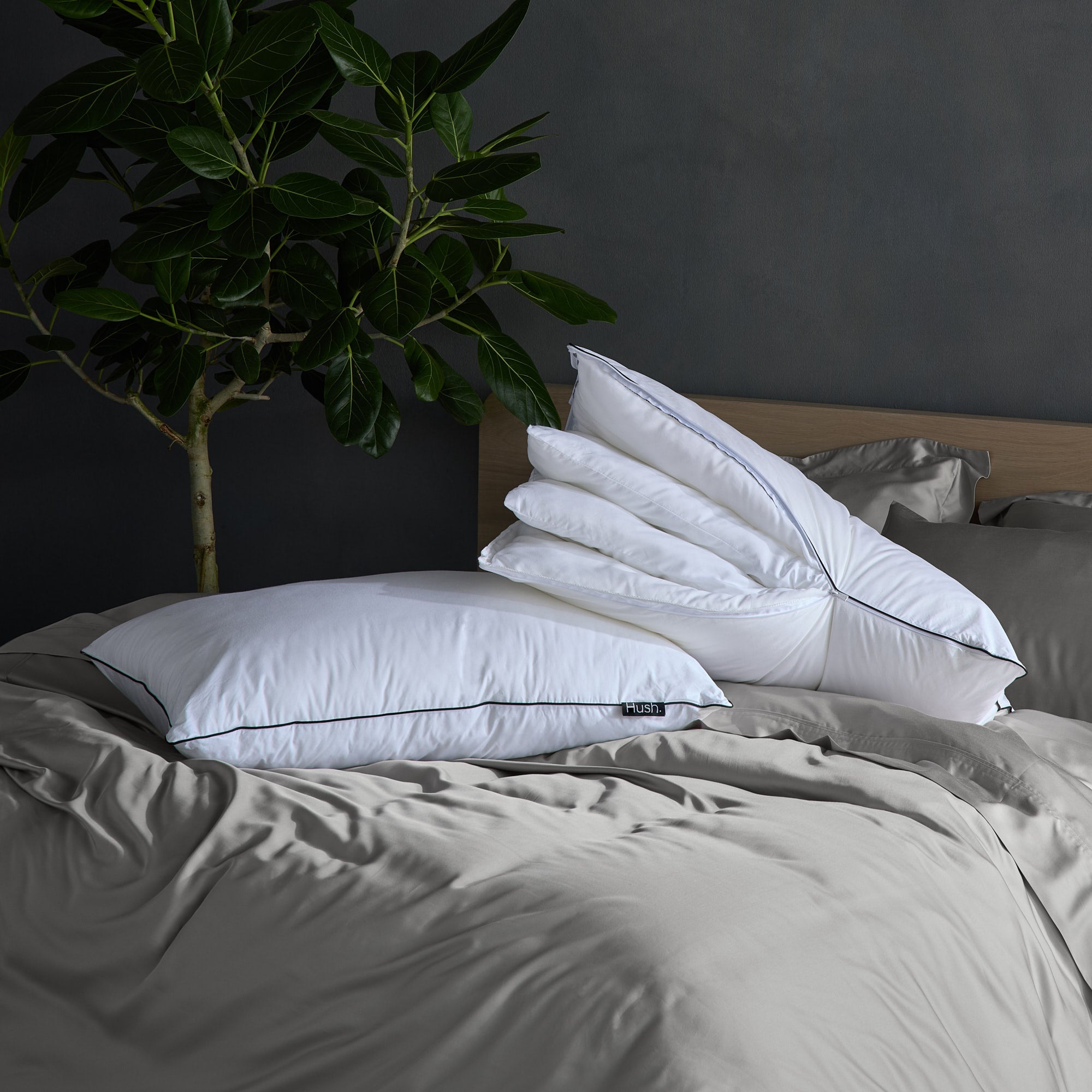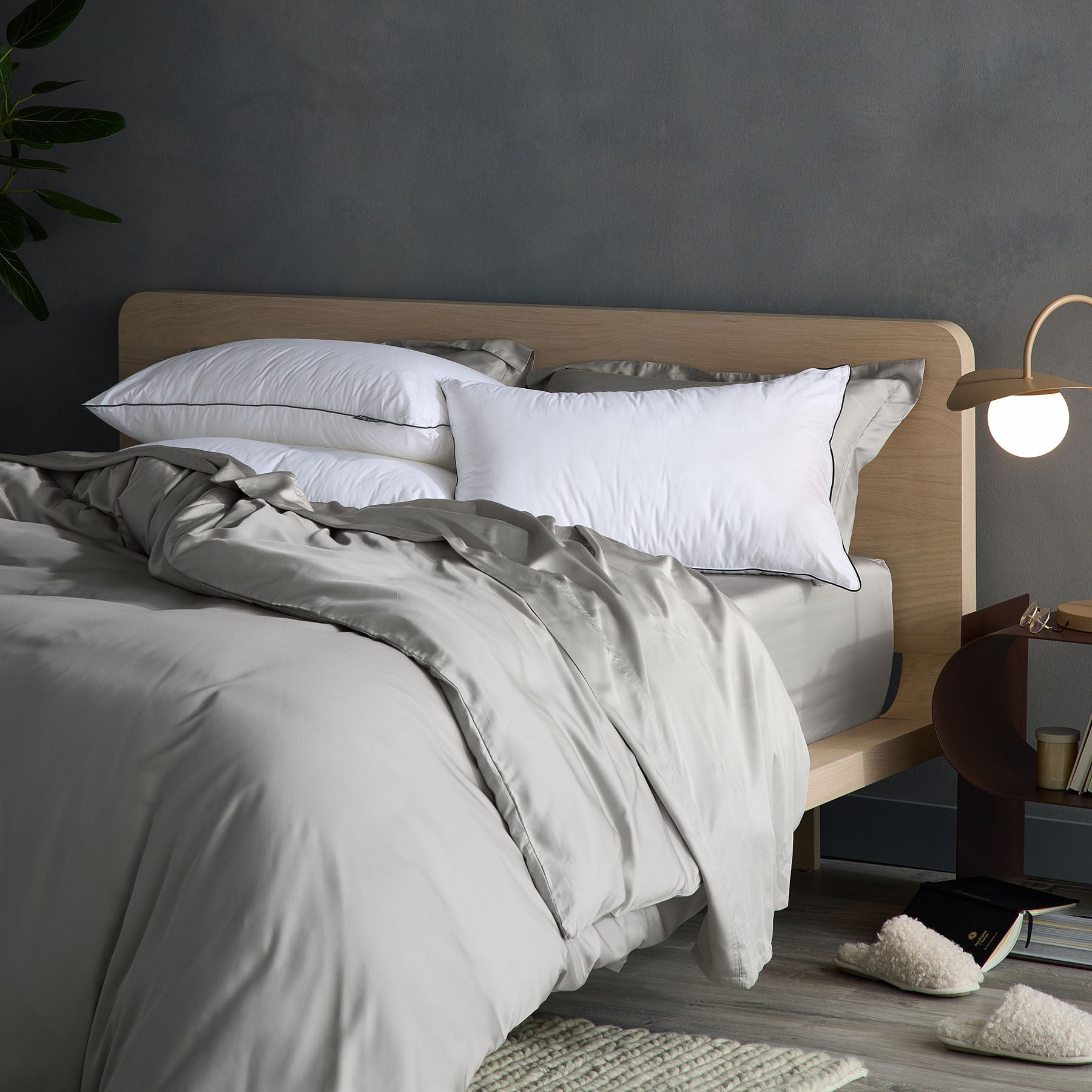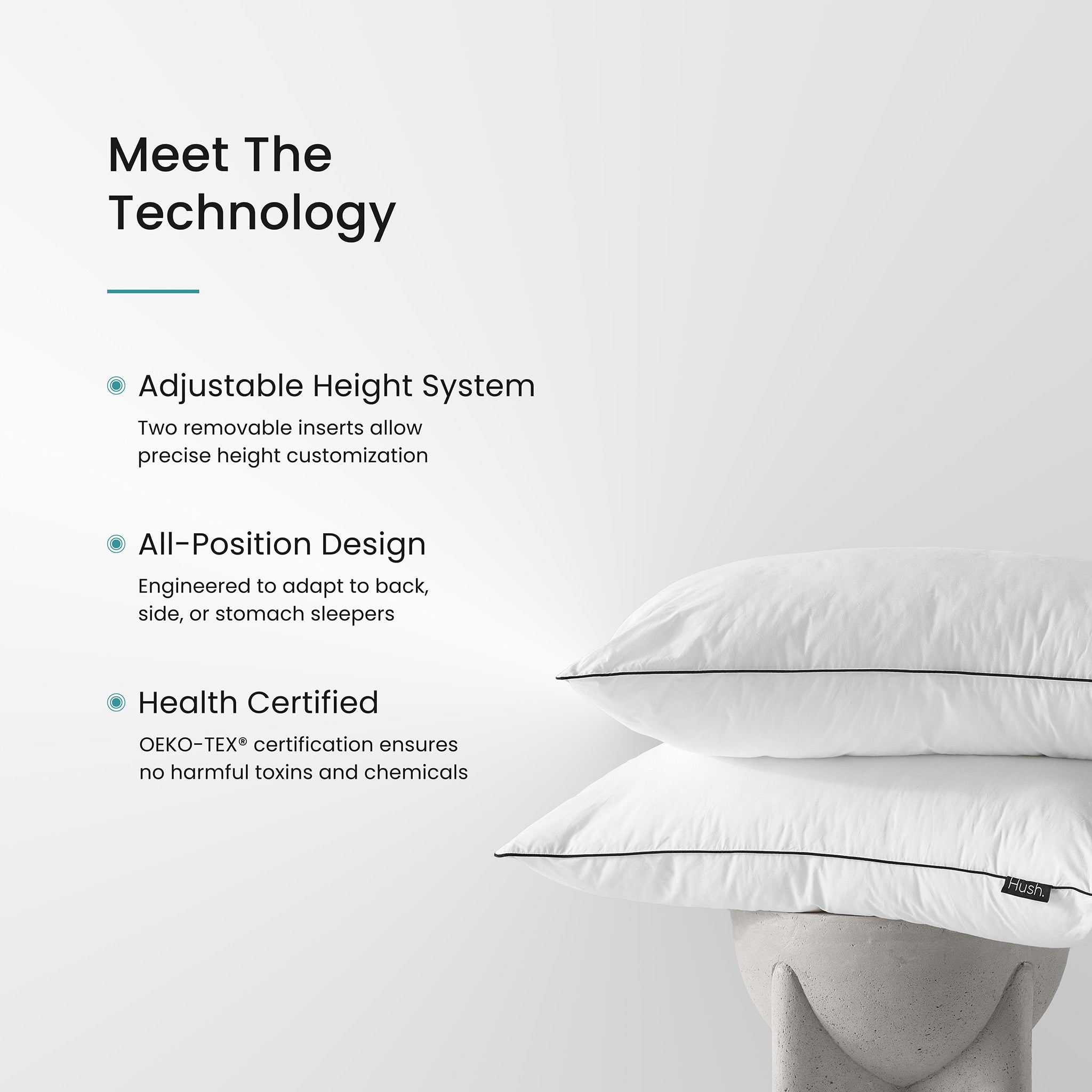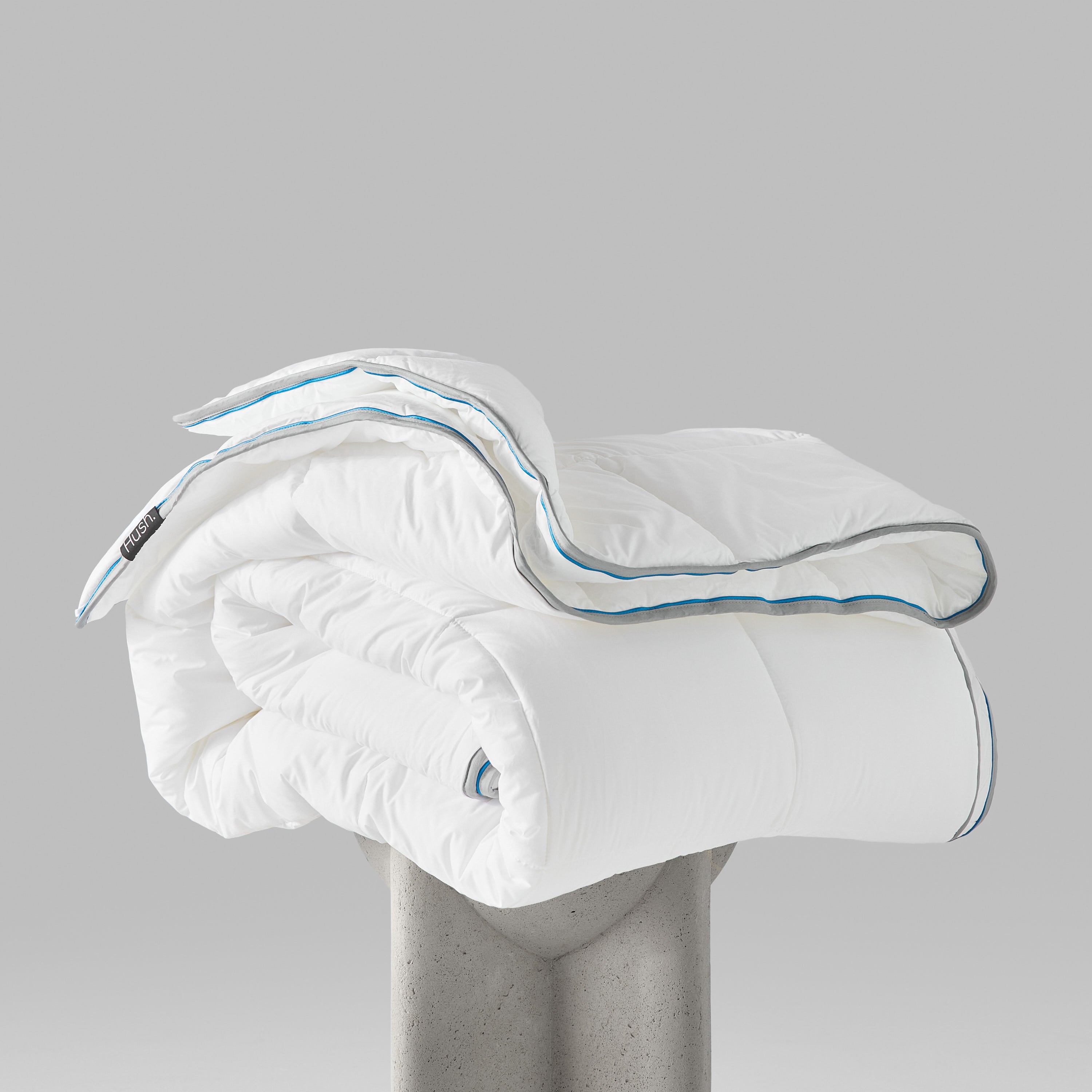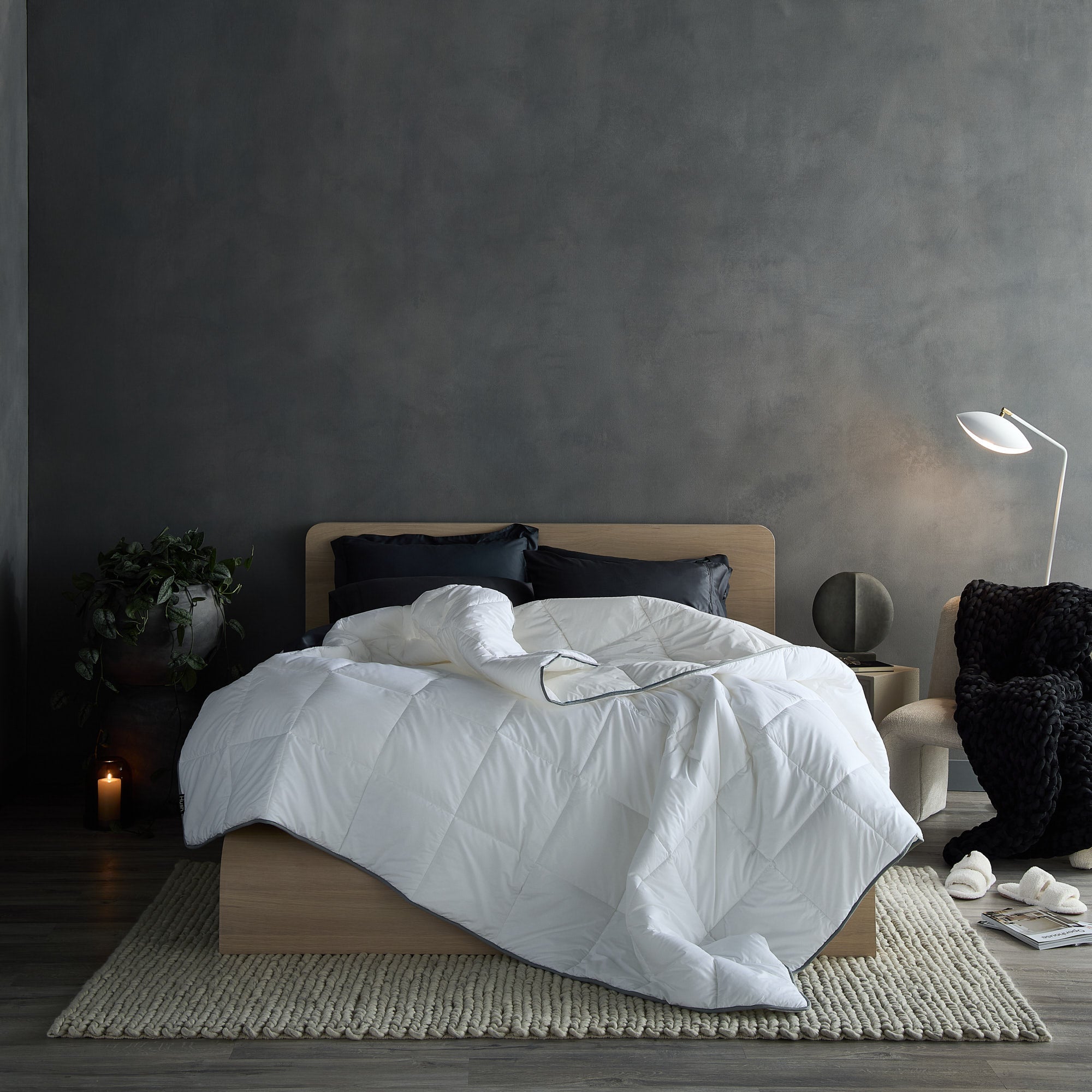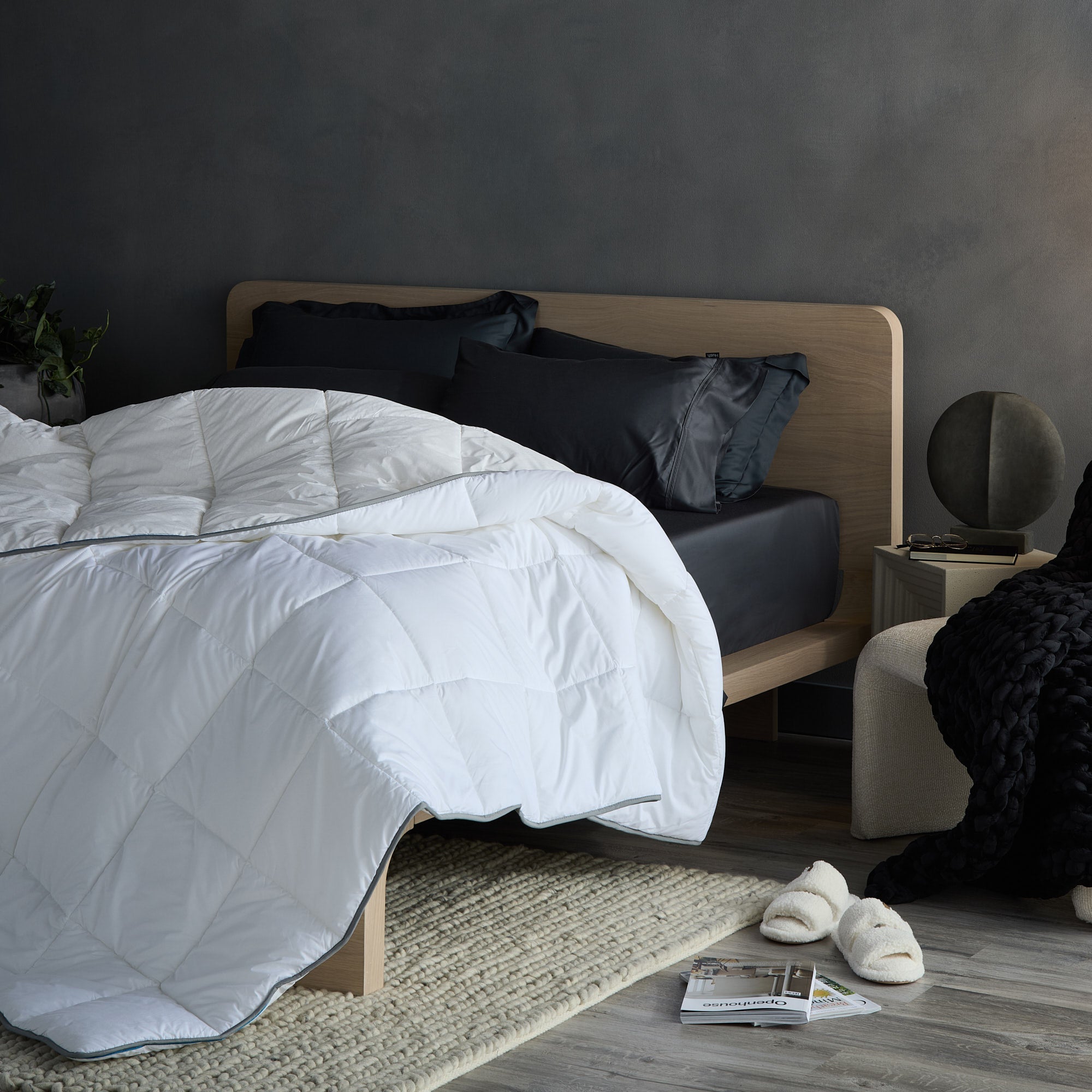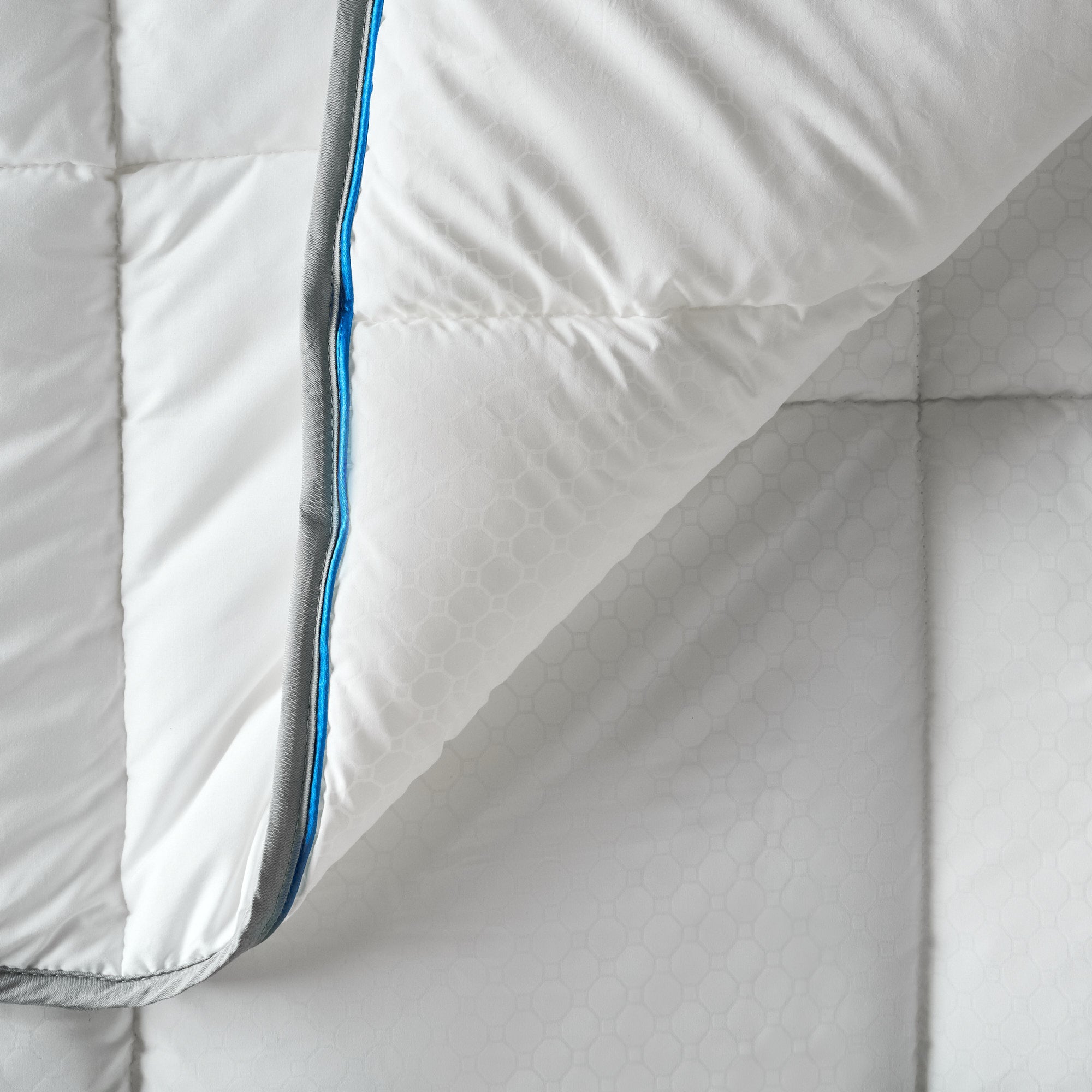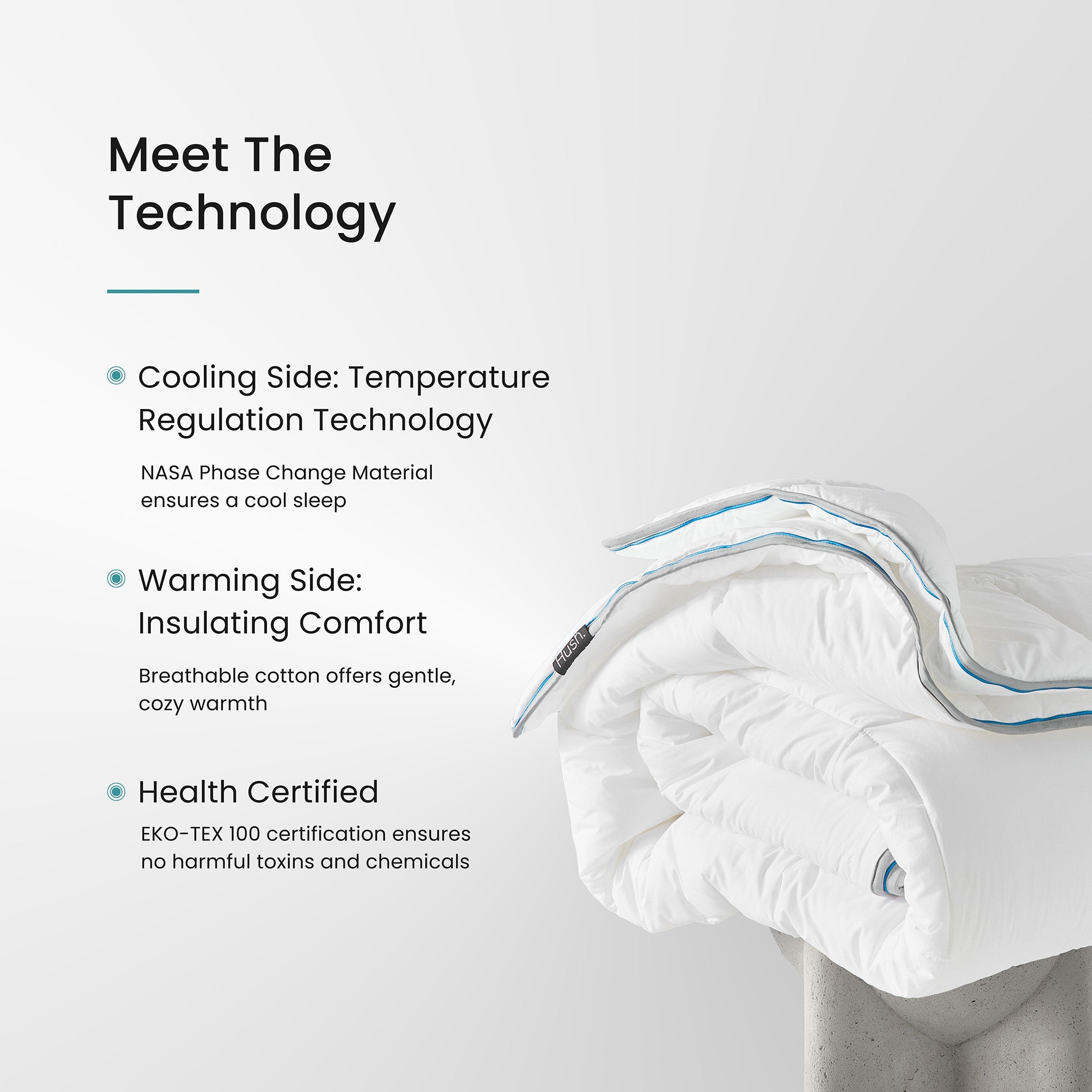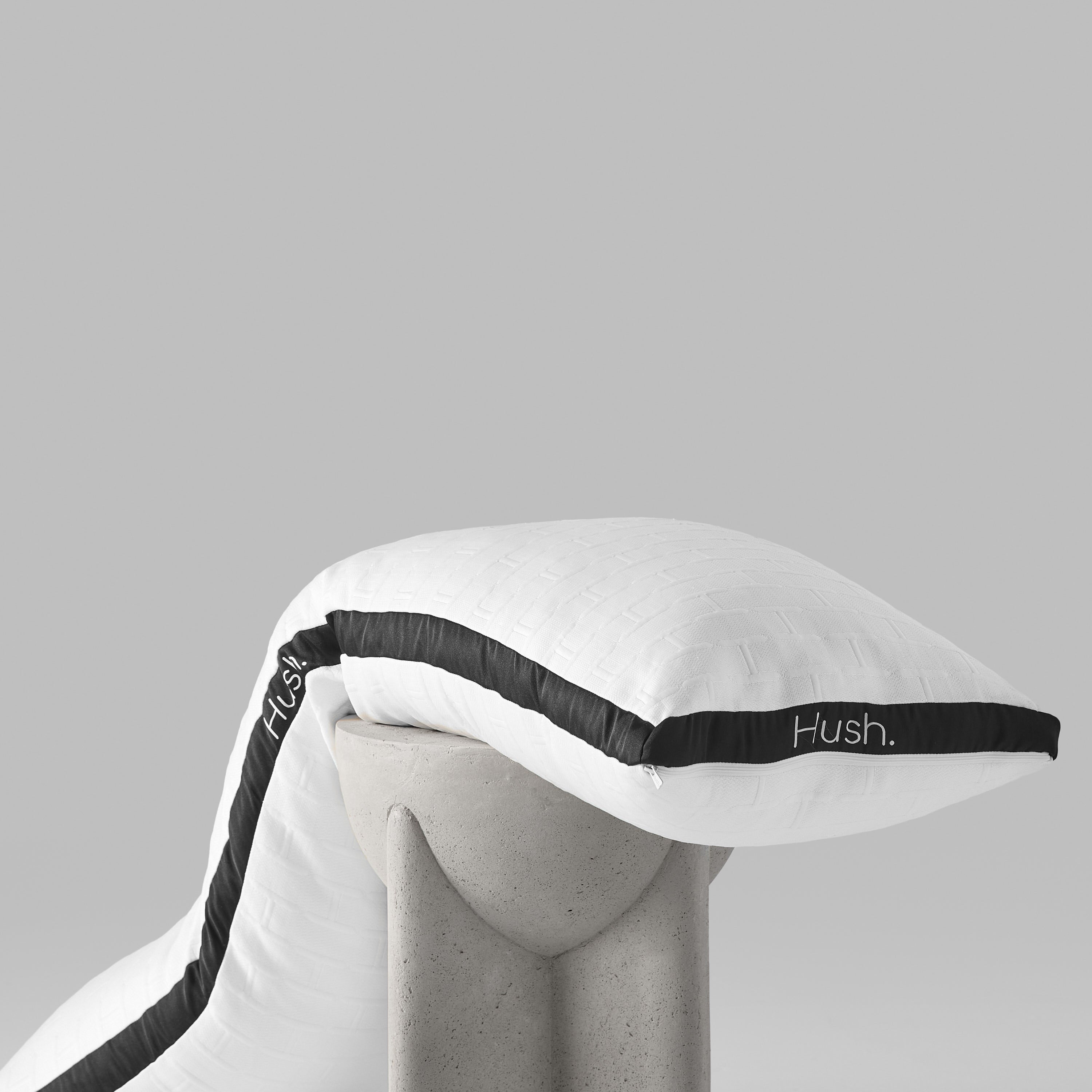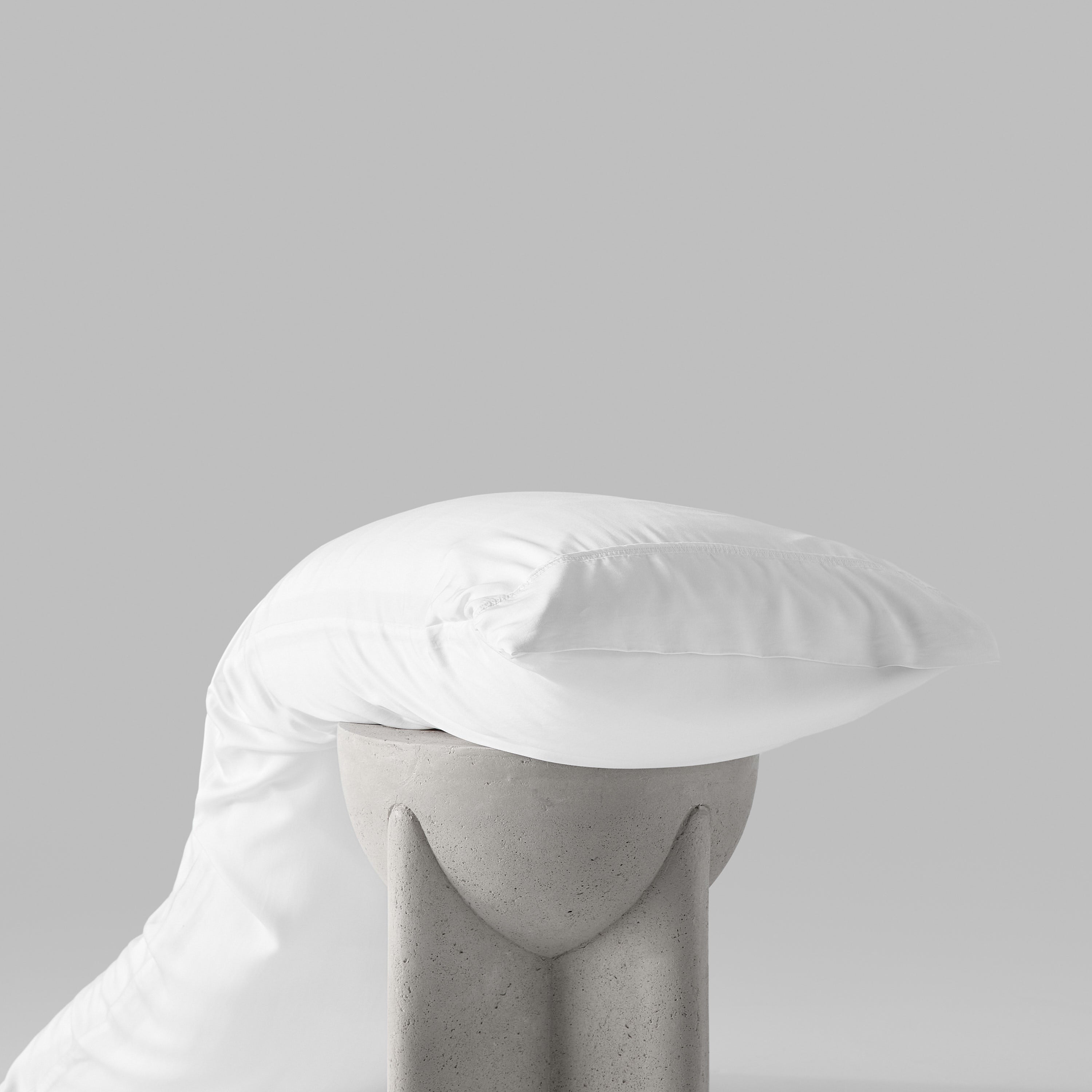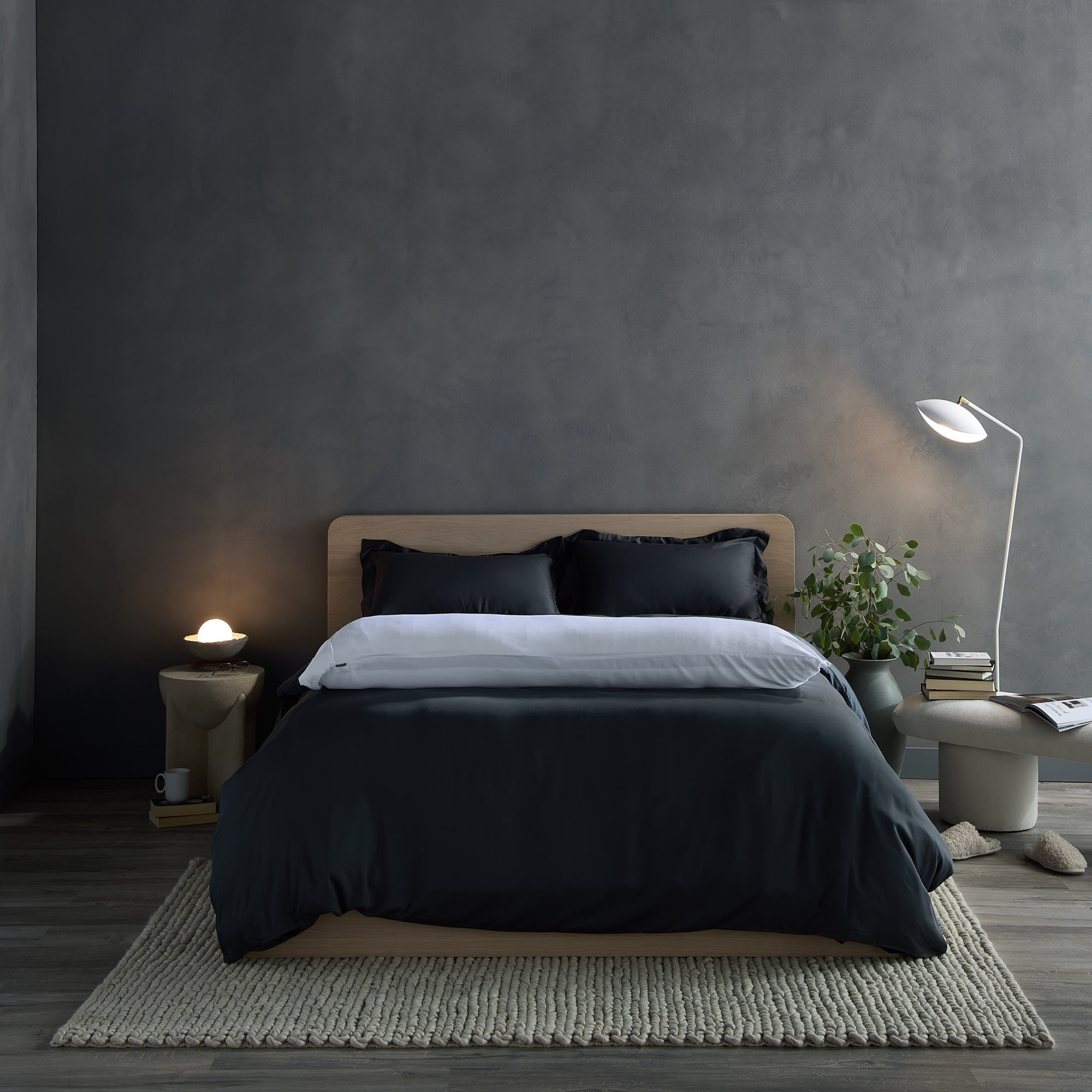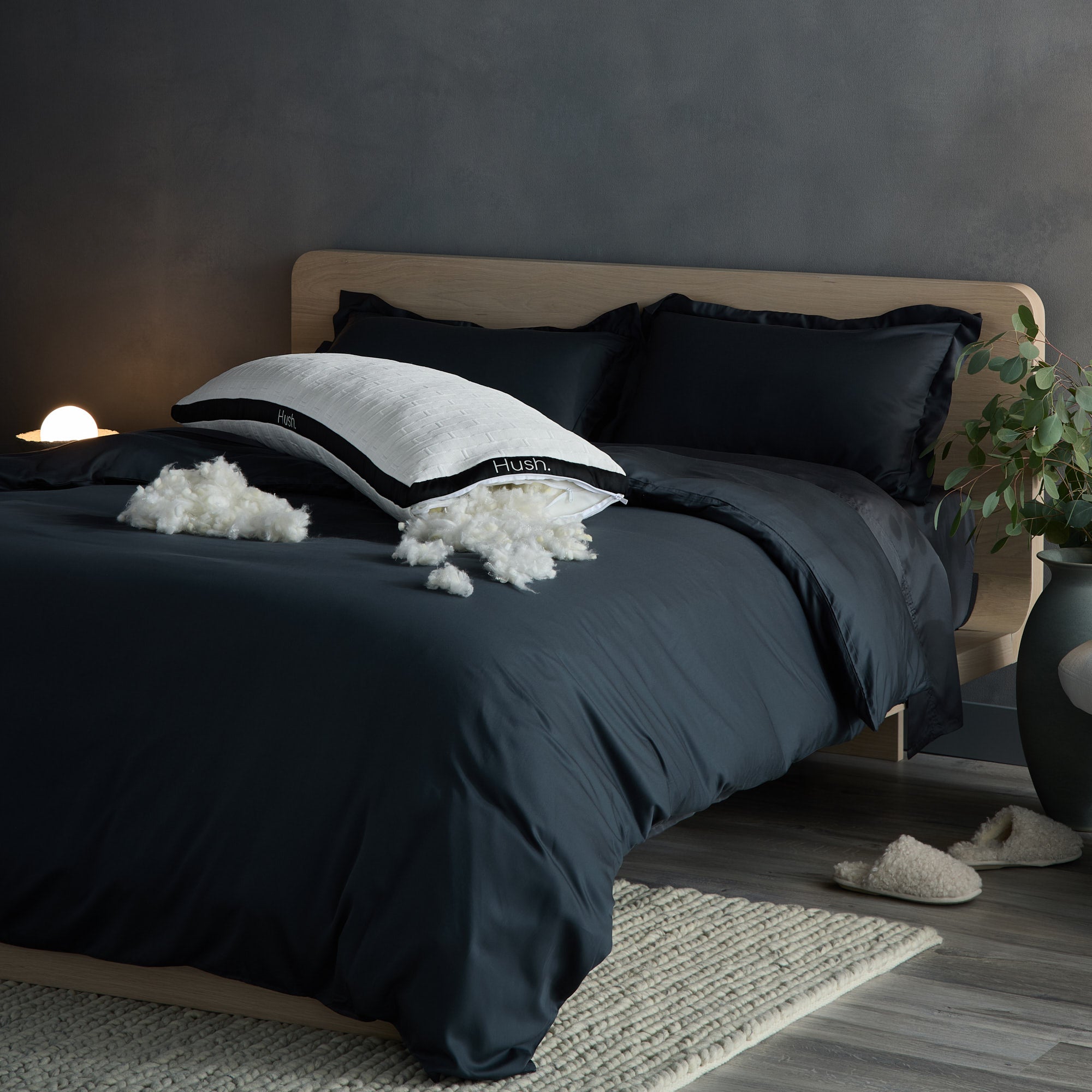
TLDR:
- Lack of sleep can have negative mental, physical, and emotional effects on our wellbeing.
- Common sleep disorders include insomnia, hypersomnia, restless leg syndrome, Circadian Rhythm disorder, parasomnia, and sleep apnea.
- Sleep apnea diagnoses increase each year.
- There are many helpful home remedies and medical treatments for sleep apnea.
Sleep is the bedrock of our health. Without good, healthy sleep, we cannot live the full, rich lives we envision for ourselves. Too many of us struggle to sleep. Maybe we have bad sleep habits, like staying up late to work or binge-watch our favorite show. Or maybe we go to bed on time, but struggle to fall asleep.
There are many reasons we don’t get good quality sleep. While another cup of coffee may be a solution for today, finding ways to help you sleep better will benefit you in the long run.
Let’s go over the effects of not being able to fall asleep quickly, stay asleep, or get restful sleep. We’ll especially focus on sleep apnea, as it prevents so many people from getting a good night’s sleep. Then, we’ll review sleep solutions to improve your quality of sleep.
The Problem With Bad Sleep

Not getting enough sleep is a bigger problem than not feeling great the next day. The effects of bad sleep manifest in your mental, physical, and emotional wellness, as there’s a strong correlation between sleep and health. When you have several days of poor sleep, it dramatically affects your quality of life. It's no wonder that so many of us crave a good night's sleep.
Mental Effects
The mental effects that stem from lack of sleep, according to Healthline.com, include:
- Brain fog
- Inability to focus
- Poor memory
- General sleepiness
These symptoms may seem relatively minor, but their compound effects can cause severe outcomes. Even just an hour less sleep per night can cause a lack of alertness. In order to do well at our jobs and be fully present in our lives, we need sleep solutions that support our ability to learn and retain information.
Physical Effects
Physical issues that arise from poor chronic sleep according to Medical News Today, include:
- Increased risk of car and household accidents
- Slower reaction times
- Weakened immune system
- Hypertension
- Diabetes
- Heart attack
- Stroke
Finding a sleep solution that works for you is a good way to make sure you're optimizing your long-term health.
Emotional Effects
Chronic poor sleep also degrades your emotional health. When we are unrested, we are more susceptible to mood swings and depression. We experience more sadness, anxiety, anger, and apathy as we lose sleep. The severity of these symptoms varies, but the lack of control of our emotions means we are not showing up as who we want to be. It strains our relationships with people we care about. Sleep solutions that help us regularly get the restful sleep we need increases our quality of life.
The Top 6 Most Common Sleep Problems

Sleep problems typically stem from not getting enough sleep and sleep disorders. Within the disorders, there are several categories.
Not getting enough sleep is common in the United States. The work-a-holic and YOLO culture promotes putting sleep at the end of the list. The sleep solution for this problem generally includes lifestyle changes that allow you to practice good sleep hygiene.
A note: We didn’t include snoring in this list, and here’s why. People who snore, while common, generally do not bother themselves with their snoring. However, their bed partner almost always suffers. However, snoring can, on occasion, be so loud and disruptive it wakes the snorer too. Sleep solutions for snoring may include a different pillow or sleeping position.
Sleep disorders comprise an entirely different type of sleep problem. According to the Sleep Foundation, many of the disorders have strong connections to anxiety — our anxious minds refuse to settle. Using a weighted blanket can often alleviate this symptom.
The following disorders demand medical support from a sleep physician. Here are the six most commonly diagnosed sleep disorders.
1. Insomnia
Insomnia occurs when you have trouble falling asleep, or you can fall asleep with relative ease but struggle to stay asleep. If you wake up during the night, you often can’t return to sleep. While an occasional sleepless night is normal, insomnia occurs when you don't sleep for several weeks, or even months.
2. Hypersomnia
Hypersomnia, also known as narcolepsy, occurs when you cannot stay awake during the day, often “during unusual circumstances, such as while eating,” according to the American Association Sleep Technologist (AAST) blog.
3. Restless Leg Syndrome
Restless Leg Syndrome occurs when legs tingle or feel “prickly” when you are trying to fall asleep. Often, you also have an overwhelming need to move them to relieve the sensation.
4. Circadian Rhythm Disorders
Circadian Rhythm Disorders occur when your natural sleep/wake cycle is disrupted, and you want to sleep and be awake during the “wrong” part of the day. This is more than getting into the habit of being awake late and then sleeping in. Your body becomes confused about its natural state.
5. Parasomnia
Parasomnia occurs when falling asleep, sleeping, or waking from sleep does not happen normally. You may engage in other behaviors, like eating or talking, while falling asleep.
6. Sleep Apnea
Sleep apnea occurs when you have such irregular breathing while sleeping that your breath actually stops for several seconds. Often, the choking or lack of oxygen wakes you.
What Is Sleep Apnea?
Of the sleep disorders listed, sleep apnea diagnoses are especially exploding in the United States. Millions of Americans who suffer from the disorder often have symptoms that include very loud snoring, choking during sleep, dry mouth at waking, periods of not breathing while asleep, and headaches in the morning (from the lack of oxygen).
It is not the sleep apnea itself that is harmful — you won't die from the lack of oxygen, as your body will always wake you up in time. Rather, the increased health risks of other diseases, like heart attacks, high blood pressure, and strokes, make sleep apnea dangerous. Plus, poor sleep means a poorer quality of daily life. That makes finding a sleep solution crucial.
There are three types of sleep apnea: Obstructive Sleep Apnea (OSA), Central Sleep Apnea, and Mixed Sleep Apnea. The only way to know if you have sleep apnea and if so, what kind, is to undergo a sleep study with a sleep specialist.
Obstructive Sleep Apnea
Obstructive Sleep Apnea (OSA) occurs when your upper airway becomes blocked and you cannot get air in or out, so you begin to snore loudly. This is the most common type of sleep apnea. Between 2-9% of adults suffer from OSA.
Central Sleep Apnea
Central Sleep Apnea occurs when your brain stops sending signals to your lungs to breathe. Because you stop breathing, your oxygen levels drop. When your brain doesn’t get enough oxygen, it finally remembers to send the signal. You wake up choking to take a deep breath.
Mixed Sleep Apnea
Mixed Sleep Apnea occurs when you have both OSA and Central Sleep Apnea. It can also be called Complex Sleep Apnea.
Because the causes are different for each type of sleep apnea, the sleep solutions are also different. It is important to see a clinical sleep physician to make sure you're managing your disorder correctly.
Sleep Apnea Treatments
Depending on the severity of your sleep apnea, your sleep medicine and treatment options can vary between natural and medical. It is even possible to manage your sleep apnea using dental sleep medicine.
If your symptoms are not severe, you may want to try natural remedies first. Their relative ease of use and comfort may help you. Keep in mind, many sleep disorder symptoms can be alleviated through home remedies, but most people will need some medical monitoring of their condition.
For some sleep apnea sufferers, a weighted blanket may help, but make sure you discuss using one with your doctor.
Home Remedies
To ease symptoms of sleep apnea with natural, home solutions, try these strategies:
- Losing weight
- Changing sleeping positions
- Reducing alcohol consumption
- Taking a break from smoking
While losing weight does not always cure sleep apnea, reducing it by even a few pounds can help manage OSA symptoms. This is because that extra weight means there is more pressure against the back of the throat when you're sleeping, especially if you sleep on your back. Losing even a few pounds can reduce that pressure.
Changing Sleep Positions
Sleeping on our backs is the worst position for sleep apnea because your tongue can most easily fall toward the back of your throat. Learning to sleep on your side can be a simple solution to try.
Reducing Alcohol and Ceasing to Smoke
The relaxing effects of alcohol on your throat can make it easier for your upper airway to become blocked. The muscles become lax and fall backward into your throat. On the other hand, smoking is actually inflammatory, which makes it more difficult for air to flow while you're breathing.
CPAP Machine
The most common medical remedy for sleep apnea is a Continual Positive Airway Pressure (CPAP) machine.
A CPAP machine works by delivering pressurized air to your airways through a mask worn while sleeping. The pressurized air keeps your throat open. This lets you breathe more comfortably and limits the amount of snoring.
Keep in mind that CPAP machines need to be regulated, so expect to have follow-up appointments with your sleep specialist to adjust your CPAP therapy treatment plan and find the right air pressure for you.
Night Guards
Dentistry can be helpful in minimizing sleep apnea symptoms. Dentists can often recognize the signs of OSA before primary care physicians because of their view into your mouth. They see the misalignments, teeth grinding, and inflamed tonsils. Plus, more dentists are screening for sleep apnea and providing solutions.
The most common dental devices to help with sleep apnea are night guards. They work by gently pushing your jaw forward and keeping your airway open. They can also help stop your teeth grinding often associated with OSA.
In order to be most effective, mouth guards need to be customized to fit you specifically, so an over-the-counter guard or sports guard won’t work. While they usually only work in mild to moderate cases, they also can provide relief for sleep apnea patients who cannot use a CPAP machine for other reasons. Another benefit of dentistry as a sleep solution is that people are usually more willing to keep up with the devices. They are less invasive and cumbersome than other medical solutions. To make sure you are getting the proper solution for you, see a certified orthodontist.
Sleep Solutions for a Better Night’s Rest

We spend about one-third of our lives sleeping — or trying to. Our modern lifestyles may urge us to engage in behaviors and habits that are damaging to our sleep. These habits, along with our genetics, can increase our risk of sleep disorders, including sleep apnea.
To maximize the quality of the sleep you do get, it is important you make sure you are breathing well while you're sleeping. If you think you may have sleep apnea, or if you’re not sure but simply haven’t felt rested in a long time, talk to your doctor about scheduling a sleep study today.
You can also add a weighted blanket to your sleep routine. Weighted blankets are shown to help those with stress, anxiety, restless leg syndrome, insomnia, and beyond get a good night’s sleep.
Here at Hush Blankets, we offer top-of-the-line weighted blankets with thoughtful weight distribution. We also offer free shipping and a 100-night free trial. Find the perfect weighted blanket for you, and start your journey to a good night’s sleep.

